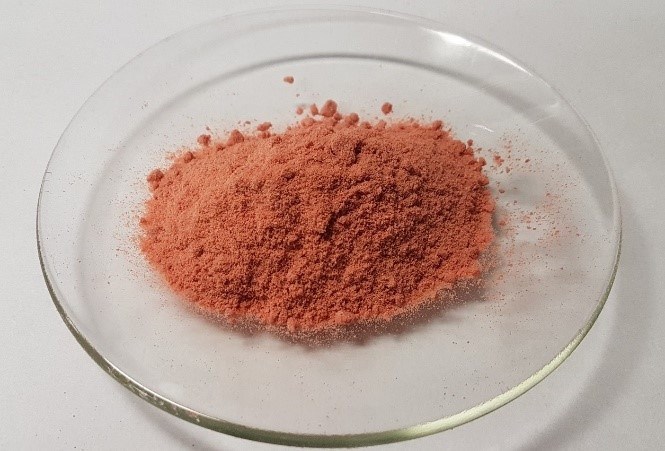The owners of a Temiskaming cobalt refinery are pleased with the results of their production trials to bring the facility back into operation after five years in mothballs.
Toronto’s First Cobalt is wrapping up a feasibility study to determine whether to recommission the plant on the outskirts of the town of Cobalt in northeastern Ontario.
The study is due out at the end of April, one month later than anticipated due to pandemic-related slowdowns.
The company announced March 30 that they've produced a battery-grade cobalt sulfate in a second trial, assaying 21.4 per cent cobalt with more than 99 per cent purity achieved in batch testing. The first trial, conducted last year, assayed 20.8 per cent cobalt.
Want to read more stories about business in the North? Subscribe to our newsletter.
First Cobalt has the only permitted cobalt refinery in North America.
If the study looks favourable, the refinery could be back in operation this fall.
The company’s aim to take raw cobalt feed from mines around the world to make a refined product – cobalt sulfate – for the electric vehicle industry. Cobalt sulfate is used to make lithium ion batteries.
In their release, First Cobalt said they used a different feed source for the second trial, which demonstrates the plant’s versatility to do custom runs, to different specifications, for a variety of potential clients.
Company president-CEO Trent Mell is pleased with what he’s seen so far.
“This is an excellent result,” he said in a statement.
“There were no surprises from this latest round of metallurgical testing and the few impurities remaining in the cobalt sulfate product were in line with expectations given the test process we followed. Once we have settled on buyers for the product, we are confident that we can make a sulfate product that will meet the quality requirements of their batteries.”
Last summer, base metal giant Glencore advanced them $5 million to do their restart study, with the promise of more financing if the operation expands from a modest 12-tonne-per-operation to 55-tonnes-per-day.
The two companies are negotiating a commercial supply agreement with Glencore supplying cobalt feed from the Congo for a four-a-half-year period.
“First Cobalt’s strategy and our partnership with Glencore will put us at the centre of this transition for the North American and European markets,” added Mell.
First Cobalt plans to use the revenue generated from refinery operations to fund development of their own cobalt mine project in Idaho and resume exploration of their more than 11,000 hectares of cobalt property in northeastern Ontario.
In the news release, the company expects that the economic uncertainty of COVID-19 won’t have a lasting impact on their strategic plans as they won’t be going to the market to finance a refinery expansion.





